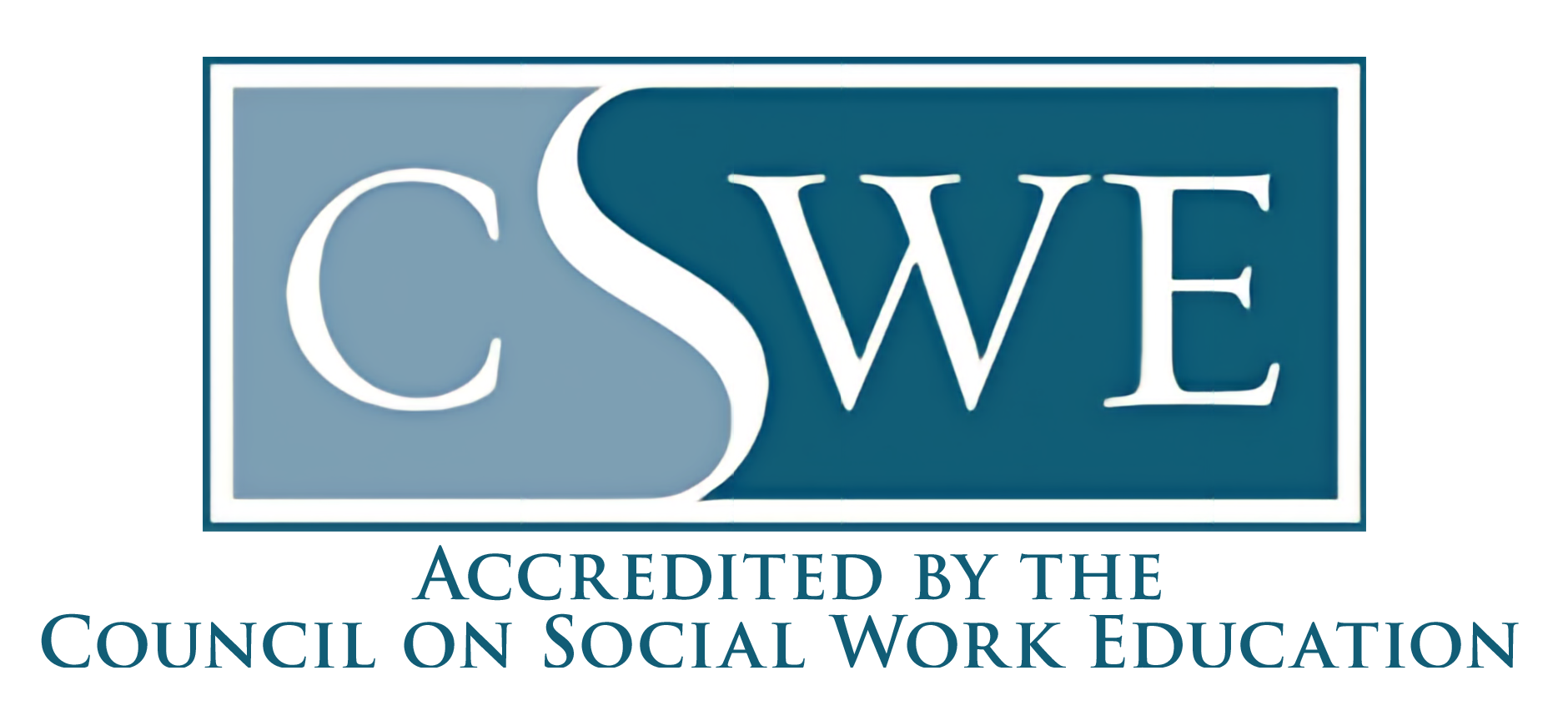Earn Your Accredited MSW Online With Yeshiva University
Yeshiva University’s Wurzweiler School of Social Work has been a leader in social work education for over 60 years. With a focus on cultural responsiveness, social justice and human transformation, our community of students, faculty, administrators and alumni all work to create positive change in the world.
As a student in the online Master of Social Work (MSW) program, you will deepen your capacity for impact through:
- An engaging curriculum that explores cultural diversity, research methods, intervention and advocacy, professional ethics and more
- Hands-on practicum experience with premium partners that reinforces lessons on supporting clients on all functional levels through an empathetic approach to social and demographic factors
- CSWE accreditation that ensures that you are prepared to meet the necessary requirements, post-graduation, to sit for your state exam1
Wurzweiler is committed to connecting passion to purpose by training social workers who can navigate modern obstacles and complex systems with the ultimate goal of helping communities heal.
Online MSW Program Structure
- No GRE required
- Study online—anytime, anywhere
- Full- or part-time course load options
- Complete the full-time program in as few as 2.5 years
- Complete the program in as few as 1.5 years with Advanced Standing qualification
- 8-week courses and six terms per year
- 1,200 hours of supervised practicum experience
- Start in January, May or September
- Robust student support systems
- Choose an optional focus: Gerontology and Palliative Care Embedded Certification or the Credentialed Alcohol and Substance Abuse Counselor (CASAC) path
Make an impact as part of the Wurzweiler community.
Expand your career in social work and make a difference in the world. Earn your master’s degree online with Yeshiva University and the Wurzweiler School of Social Work. The online MSW program combines the best of our on-campus program with unparalleled flexibility.
For further information on the specifics of the program, practicum experience, application requirements and much more, complete the form and download the program guide.
The Heights: Interactive Online Case Experience
Immersive Learning to Enrich Your Social Work Expertise
Experience social work education reimagined through The Heights, Wurzweiler's innovative online learning environment. This interactive platform places you directly into realistic community settings where you'll engage with authentic case scenarios that mirror real-world practice. As you navigate diverse neighborhoods—from urban centers to rural communities—you'll apply classroom theory to practical situations, developing critical decision-making skills through simulated client interactions.
The Heights enables you to toggle between demographic lenses, explore community resources, and manage complex cases with varying outcomes based on your choices. You'll practice making professional decisions in a supportive virtual space, building confidence as you tackle challenges involving diverse clients and community systems. Through this immersive tool, you'll develop the practical skills needed for effective social work practice.
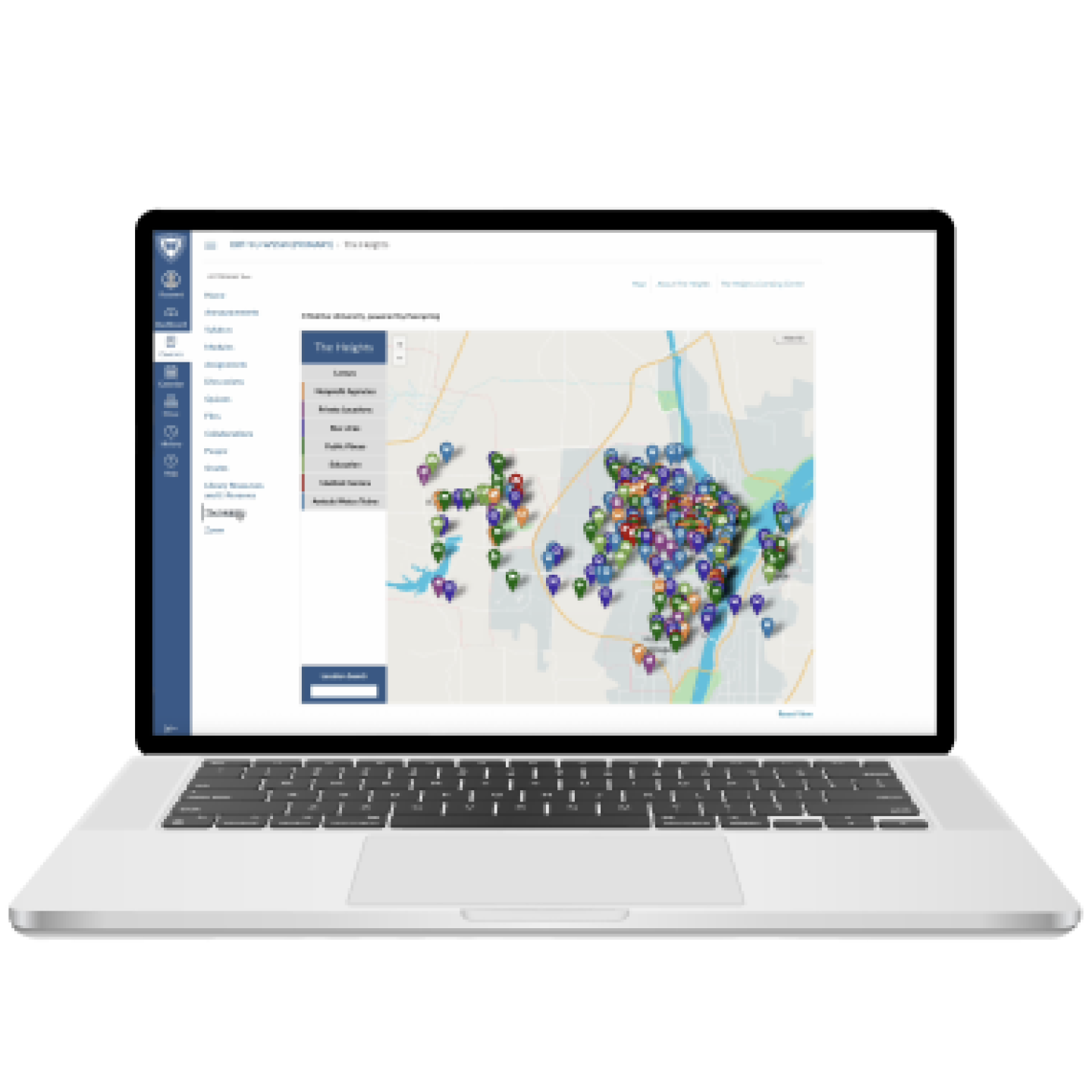
Customize Your MSW to Fit Your Goals
Deepen your expertise in either of two key areas of practice. To strengthen your credentials and tailor your MSW to specific career paths, add a focus to your coursework.
Credentialed Alcohol and Substance Abuse Counselor
Learn to support individuals and families dealing with addiction through culturally responsive, evidence-based counseling techniques. This track helps you meet CASAC credentialing requirements while preparing to serve clients from diverse backgrounds with compassion and clarity.

Gerontology and Palliative Care Certification
Gain advanced preparation to care sensitively for aging adults through specialized training in chronic illness, end-of-life planning and psychosocial support. This path equips you to help clients and families navigate life’s later stages with dignity.
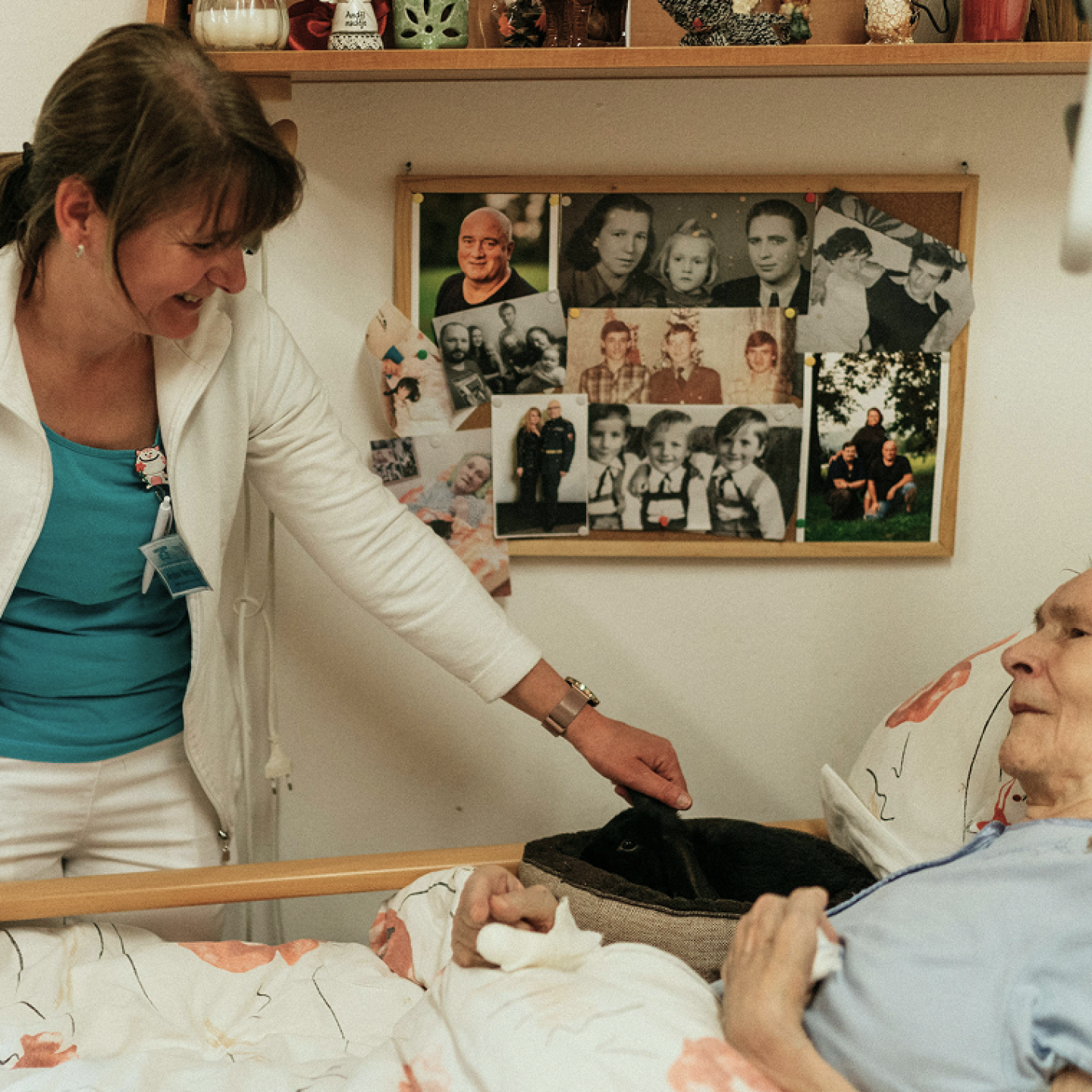
Position Yourself for a Thriving Career
The future looks bright for social workers, with projected employment growth of 7% between 2023 and 2033—exceeding the U.S. average for all occupations.2 Your MSW from Wurzweiler opens doors to careers in licensed clinical practice, nonprofit leadership, advocacy and more.
800K
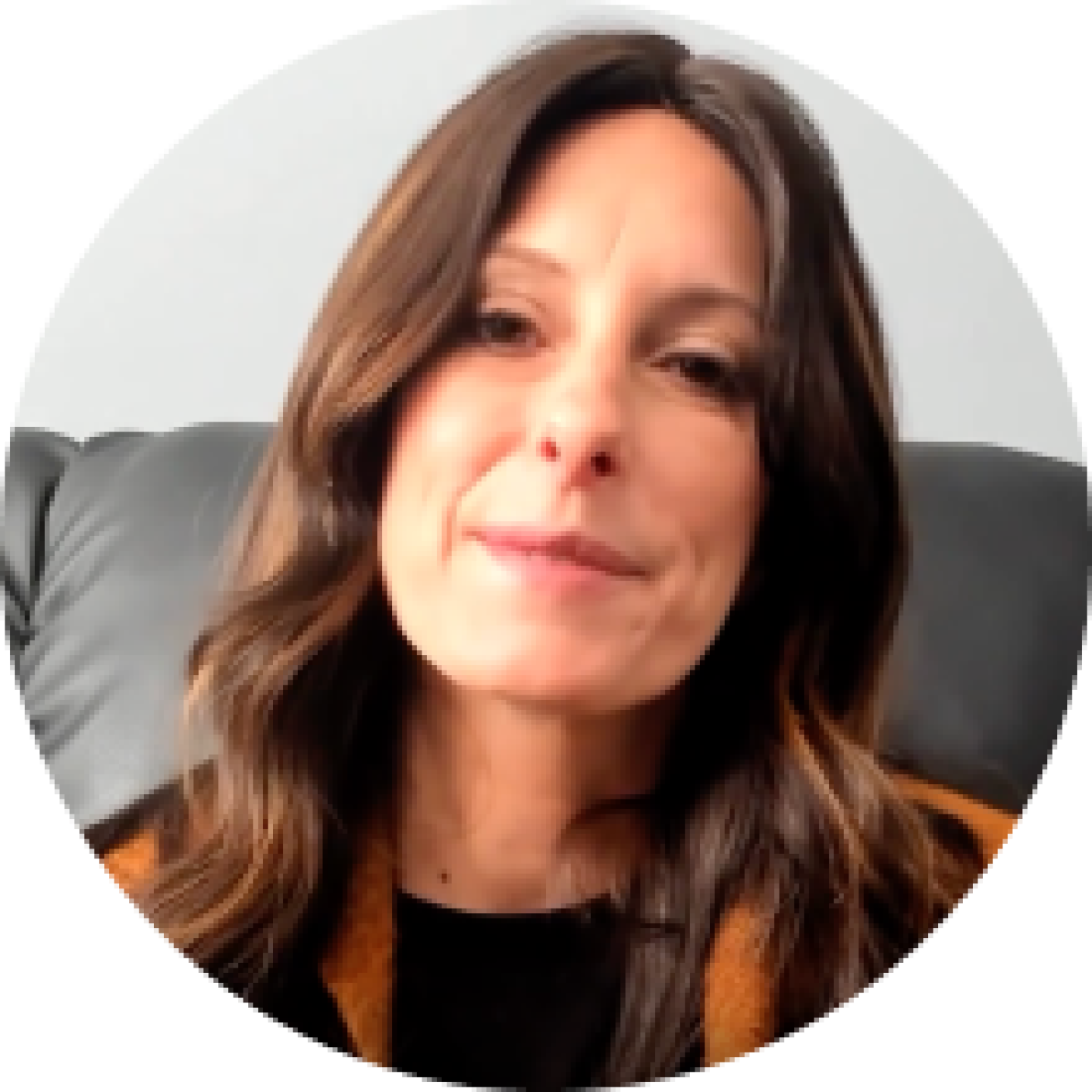
Cut Your Costs, Not Your Opportunities
Each new online MSW student receives a degree completion scholarship—now up to 10%.* Further, if you qualify for Advanced Standing, you can finish your degree in as little as a year and a half—saving on tuition by skipping foundational courses and focusing instead on higher-level, hands-on learning that builds on your prior experience.
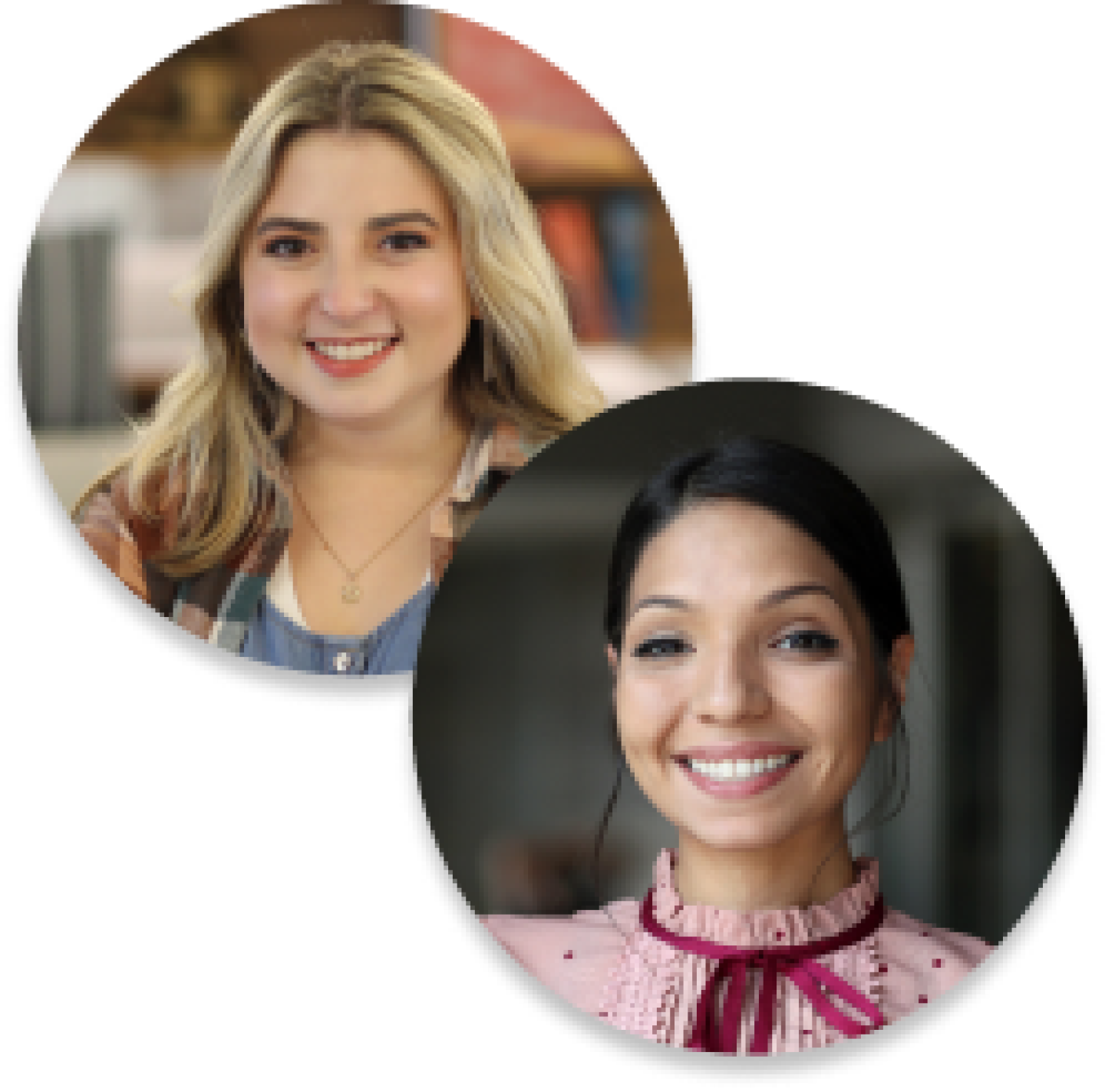
Learn more. Connect with us.
There’s so much to know about the online Master of Social Work that you’re bound to have questions. We’re here to help. For information and support, schedule a call with Eliana and Emily. They’re knowledgeable, friendly admissions outreach advisors who’ll make sure you get all the answers.
Important Dates
- The Council on Social Work Education (CSWE) is a nonprofit national association representing more than 2,500 members as well as graduate and undergraduate programs. The CSWE is recognized by the Council of Higher Education Accreditation as the only accrediting agency for social work education in the U.S.
- Retrieved on June 9, 2025, from bls.gov/ooh/community-and-social-service/social-workers.htm
- Retrieved on June 9, 2025, from bls.gov/opub/btn/volume-13/projected-employment-growth-for-community-and-social-service.htm
- Retrieved on June 9, 2025, from bls.gov/ooh/community-and-social-service/substance-abuse-behavioral-disorder-and-mental-health-counselors.htm
*Degree Completion Scholarship offer available only to qualified new (first-time) enrollees for the Online Master of Social Work programs, not current or returning students to the program. Scholarship funds not payable directly to recipient. For traditional online MSW, half of the scholarship funds will be credited toward the tuition after completing 30 credits and then remaining amount will be credited toward tuition in the student's final academic term of the program. Students enrolled in advanced standing will receive full amount of funds toward tuition in the student's final academic term of the program. If student receives other forms of financial assistance, the student's financial assistance may require modification to account for the scholarship by preventing any 'over-award,' such that the total financial assistance received does not exceed the cost of attendance, as defined and determined by the Office of Financial Aid of Yeshiva University. Recipients of the scholarship must remain continuously enrolled in the program through completion. Exceptions may be granted for students who obtain a university-approved leave of absence. Students receiving the scholarship must maintain satisfactory academic progress at all times for scholarship to remain in effect. This scholarship offer may be revised, rescinded or terminated at any time. All admissions and scholarship decisions of Wurzweiler School of Social Work are final.

